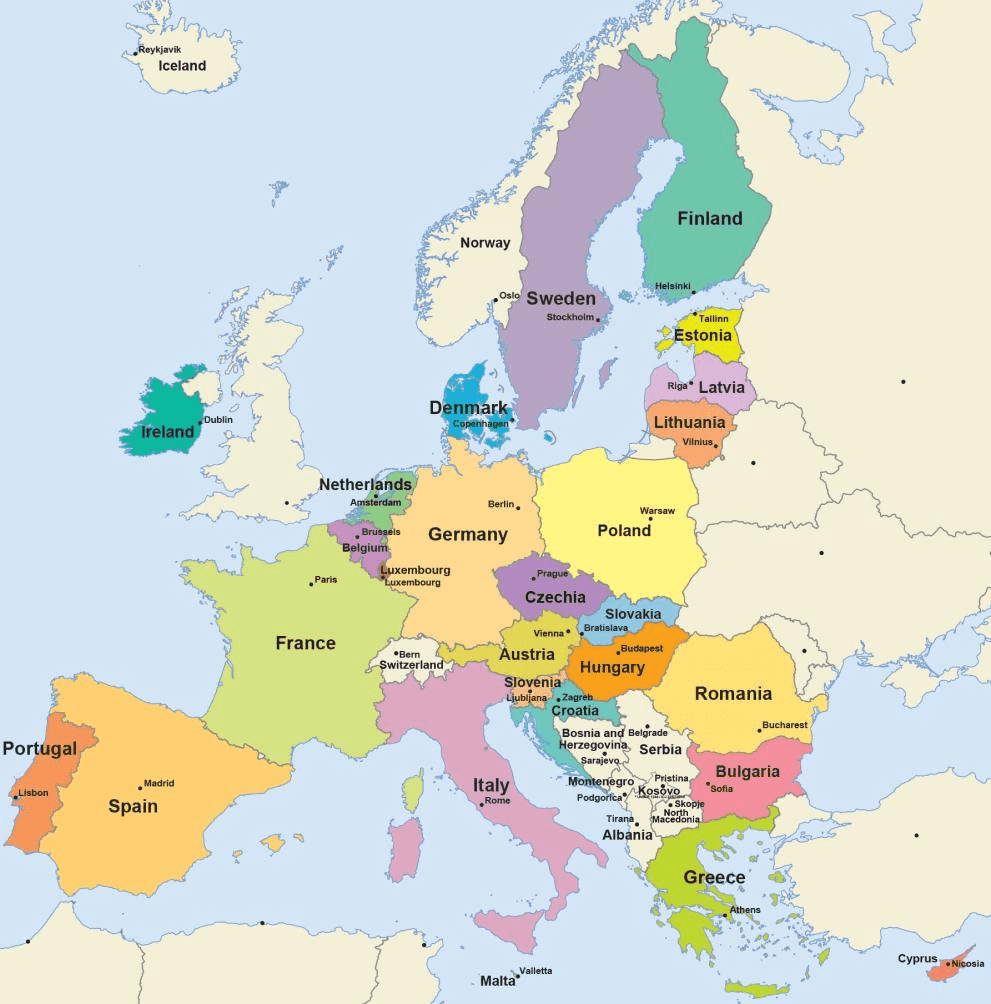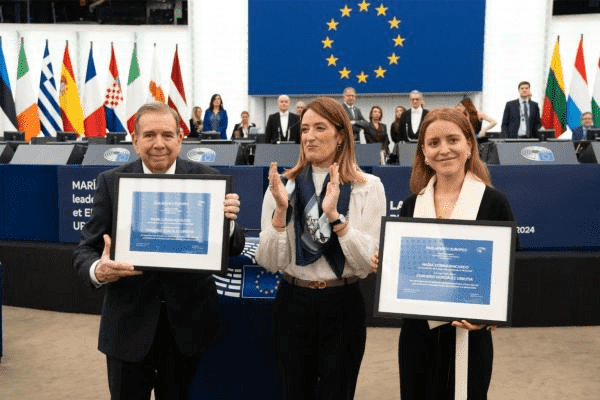The European Union Commission is one of the key institutions of the European Union (EU), which plays a central role in proposing legislation, implementing policies, and enforcing EU law. Its origins trace back to the formation of what we now know as the European Union, beginning with the signing of early treaties between European countries after World War II.
Origins of the European Union Commission
The EU Commission can trace its roots back to the European Coal and Steel Community (ECSC), which was created by the Treaty of Paris, signed on April 18, 1951, and entered into force in 1952. The ECSC was a collaborative effort between six founding nations: Belgium, France, Italy, Luxembourg, the Netherlands, and West Germany. The purpose of this community was to regulate and integrate the coal and steel industries in Western Europe, thus helping to prevent future conflicts by creating economic interdependence between nations.
As part of the formation of the ECSC, an High Authority was established, which would later become the foundation for the European Commission. The High Authority was responsible for overseeing the coal and steel industries in the member states, and it was made up of independent members, which is a characteristic that remains part of the European Commission’s structure today.
The Formation of the European Economic Community (EEC) and the Role of the Commission
In 1957, the six founding nations signed the Treaty of Rome, which established the European Economic Community (EEC). The Treaty of Rome marked the beginning of deeper integration beyond coal and steel, establishing a common market and customs union among its members. The European Commission was officially created as the executive body responsible for ensuring the implementation of the Treaty of Rome.
The Commission’s main responsibilities included:
- Proposing new laws and policies to the Council of the European Economic Community and the European Parliament.
- Monitoring the implementation of EU policies and ensuring that member states adhered to EU law.
- Representing the EEC in international trade negotiations.
The Commission was initially formed by representatives from the six founding countries: Belgium, France, Germany, Italy, Luxembourg, and the Netherlands.
Expansion of the European Union and the Growth of the Commission
As the European Economic Community evolved into the European Union (EU) with the Maastricht Treaty in 1992, the role of the Commission grew, as did its responsibilities and influence. Over time, new countries joined the EU, and the Commission had to adapt its structure to accommodate a growing and more diverse membership.
EU Member States and Their Year of Entry
| Country | Year of Entry |
|---|---|
| Belgium | 1952 (ECSC) |
| France | 1952 (ECSC) |
| Italy | 1952 (ECSC) |
| Luxembourg | 1952 (ECSC) |
| Netherlands | 1952 (ECSC) |
| Germany (West) | 1952 (ECSC) |
| Denmark | 1973 |
| Ireland | 1973 |
| United Kingdom | 1973 |
| Greece | 1981 |
| Spain | 1986 |
| Portugal | 1986 |
| Austria | 1995 |
| Finland | 1995 |
| Sweden | 1995 |
| Cyprus | 2004 |
| Czech Republic | 2004 |
| Estonia | 2004 |
| Hungary | 2004 |
| Latvia | 2004 |
| Lithuania | 2004 |
| Malta | 2004 |
| Poland | 2004 |
| Slovakia | 2004 |
| Slovenia | 2004 |
| Bulgaria | 2007 |
| Romania | 2007 |
| Croatia | 2013 |
- 1973: The first enlargement occurred, when Denmark, Ireland, and the United Kingdom joined the EEC, expanding the Commission’s responsibilities to include new members.
- 1981: Greece became a member state.
- 1986: Spain and Portugal joined the EEC.
- 1995: The EU expanded further with the addition of Austria, Finland, and Sweden.
- 2004: This year marked the largest single enlargement, when 10 new countries (Cyprus, the Czech Republic, Estonia, Hungary, Latvia, Lithuania, Malta, Poland, Slovakia, and Slovenia) joined the EU.
- 2007: Bulgaria and Romania became members of the EU.
- 2013: Croatia was the latest country to join the European Union.

As the EU expanded, the Commission’s responsibilities also expanded, and its role became increasingly central in managing the integration of new countries into the EU framework. Today, the European Commission plays a pivotal role in shaping EU policies, legislative proposals, and overseeing the day-to-day functioning of the Union.
The European Commission Today
The European Commission consists of one Commissioner from each EU country, making a total of 27 members. These Commissioners are responsible for specific policy areas, such as trade, environment, economy, and foreign affairs, and work collectively to manage the Union’s affairs. The Commission is headed by the President of the European Commission, who is elected by the European Parliament.
The Commission is responsible for a wide range of activities, including:
- Drafting legislation: The Commission proposes new laws and policies to the European Parliament and the Council of the European Union.
- Enforcing EU laws: The Commission ensures that EU law is respected by member states and can take legal action if a country fails to comply.
- Managing the EU budget: The Commission is responsible for implementing and overseeing the EU’s financial resources, particularly the EU budget.
- Representing the EU internationally: The Commission represents the EU in international negotiations, particularly in trade and foreign policy.
Royal Europe Textile SL: Manufacturing Excellence in Spain, Delivering Quality Across the EU
Royal Europe Textile SL, based in Spain, has been a key player in the European textile industry, specializing in the production of high-quality hotel linen products. Established during the formative years of the European Union, the company has flourished by taking advantage of the EU’s market integration and trade agreements. As the EU worked toward a unified economic area, Royal Europe Textile SL was able to streamline its operations, manufacture premium textiles in Spain, and deliver them efficiently across all EU member states.
The EU’s policies of reducing trade barriers and establishing common standards allowed companies like Royal Europe Textile SL to expand their reach beyond Spain. This facilitated the seamless delivery of their top-tier linen products to hotels and hospitality businesses across Europe, meeting the growing demand for high-quality, durable, and luxurious textiles. The company’s ability to deliver consistently excellent products throughout the EU not only supported the hospitality sector but also reinforced the European Union’s vision of economic integration and shared prosperity.
As the EU continued to grow, Royal Europe Textile SL remained at the forefront of innovation in the textile industry, adapting to new regulations and advancing sustainable manufacturing practices. Through its dedication to quality and customer service, the company continues to serve clients across Europe, contributing to the success of the EU’s unified market while maintaining its commitment to excellence in every product delivered.
Contact us today for all your textile needs – we are here to provide the finest linen products to suit your business, wherever you are in Europe.



Comentarios recientes